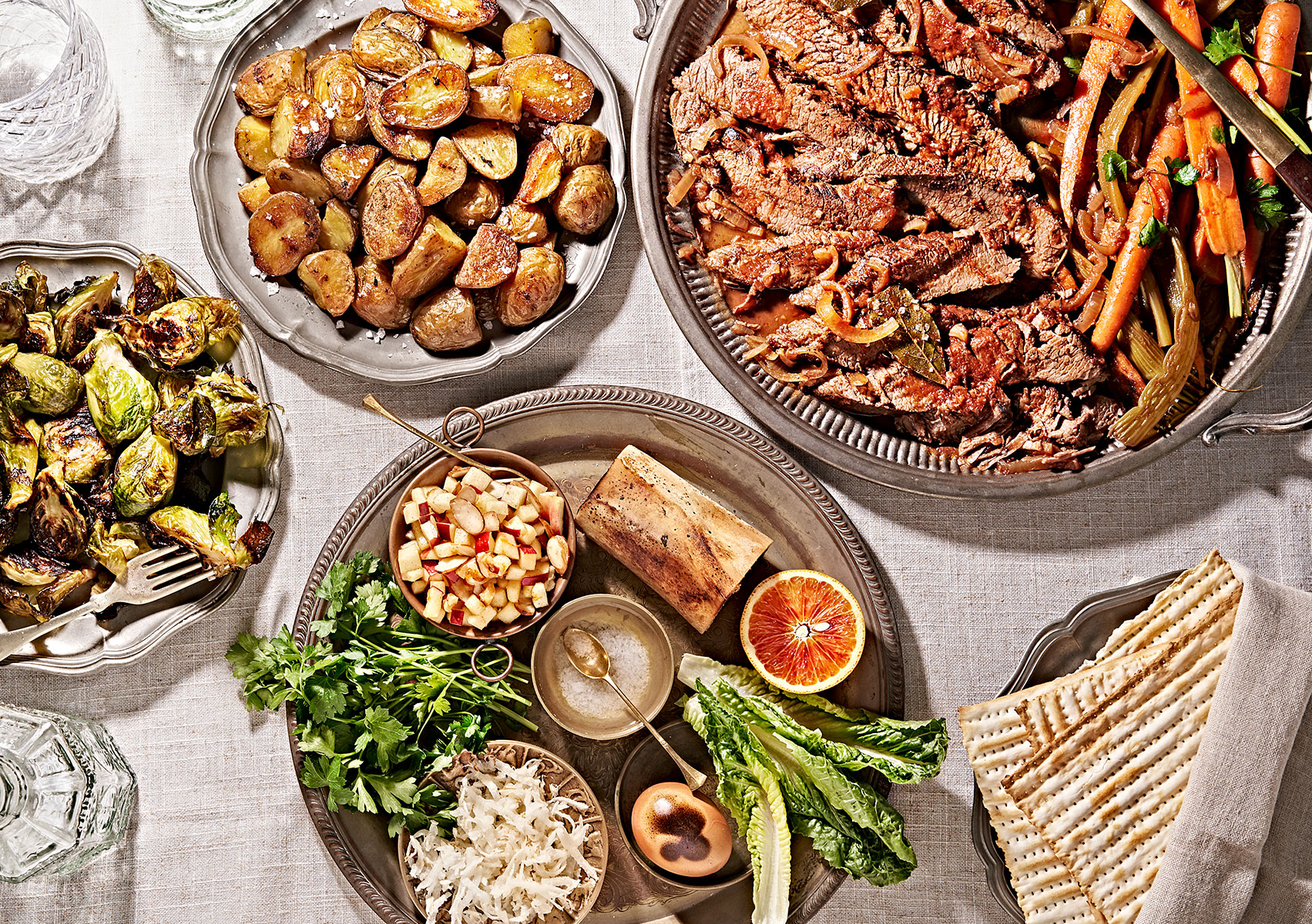Pesach is just around the corner. More than any other of our annual celebrations, Pesach makes me feel connected to Judaism. I believe I get some of that feeling during the retelling of our Passover story while another part I can say is ascribed to the time we (normally) spend with family and friends during the Seder. But if there is one thing that stands out to me as the epitome of Pesach (and Jewish connection), it has to be the food! During Pesach we nibble on sheets of matzo, munch on scoops of charoses and horseradish, slurp up some matzo ball soup, and gobble up gefilte fish. The food surrounding our Passover celebration and our Jewish heritage speaks volumes about who we are. What other culture can you think of that grinds up three outcast fish with bones and all, balls them, pickles them, and serves them with such glee? I admit I am from a younger generation that looks at food like gefilte fish with a bit of disdain, but after tasting the scrumptious mixture, I realize that this food means a lot more than just some odd dish that Grandma meticulously prepares and force-feeds us until we burst.
Jews as a group are very different from other people in that we do not share a common nationality. Jews live in all corners of the earth. In living in different countries, people had different food at their disposal. Dishes from various countries with different ingredients are all still Jewish. What linked all of these people together was a common religion, which holds laws regarding food. Some of the laws speak about not mixing meat and dairy products, while others specify which meat is kosher and which isn’t. Judaism dictates what and how people eat. We learn in this week’s Parsha, Sh’mini, that God tells Moses and Aaron to instruct the Israelites about which foods are permitted and which ones are forbidden. A small list including animals with split hooves that chew their cud and all that live in water that have fins and scales are deemed okay by God. The list of forbidden foods is much more detailed highlighting swine, birds of prey, and lizards. There is also mention of not eating or touching the body of an animal that has died of natural causes. Anything that touches the animal should be washed and be considered unclean until sundown. Pottery should even be destroyed and its contents discarded. Moses tells the people that these rules have been given to them that may be holy before God.
I have heard several responses to why Jews follow the laws of Kashrut. There is a group of people who say we must follow the laws as they are written in the Torah. Some people say it is for health reasons while others claim it’s preparation for more spiritual connection or health. Rabbi Moshe Luzzatto (also known as the Ramchal) points out that the dietary laws are a way of preventing Jews from abandoning their faith. Since eating is a constant activity, a natural process, observing kashrut will become a constant reminder of unique values, traditions, and obligations of Jewish living. Rabbi Mordecai Kaplan adds to Ramchal’s conclusion acknowledging that dietary laws have the power to preserve the Jewish people. He is quoted saying that kashrut “is particularly effective in lending Jewish atmosphere to the home, which, in the Diaspora, is our last-ditch defense against the inroads of assimilation.” In Kaplan’s view, the benefit of kashrut is neither medical nor symbolic but is an effective means of Jewish survival.
This brings me back to Pesach. We are preparing for this holiday, which remembers our exodus from Egypt. Everything throughout the Seder is used to remind us that we need to pass on our traditions and beliefs including the food that we eat. It’s important to remember that these teachable moments make an everlasting impact on the way we live our daily lives. Maybe keeping kosher is more challenging to some than others but knowing that it connects us to all the other people reading from the Haggadah every spring is really a pretty impressive thing.

